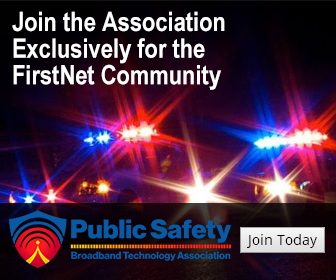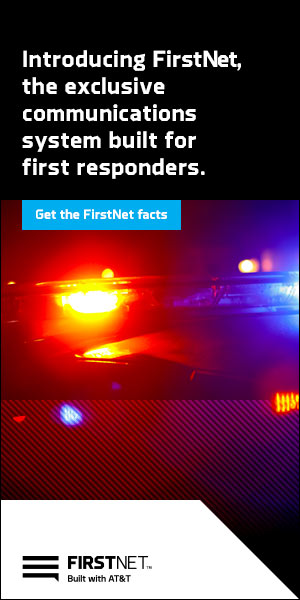By Richard Mirgon, Public Safety Consultant
As we all know the political theme for the summer of 2020 is “defund the police” or the softer version “Police Reform”. As a former law enforcement officer and life time public safety person I am not here to debate those issues. What I am here to talk about and point out is that you can’t have those discussions without including our nations Emergency Communications Centers (ECC)/911 centers. What I have not seen is any discussion about the impact all this has on our telecommunicators.
One principle that many forget is that a public safety agency may have 1,000 calls during a shift that are dispersed to multiple agencies, but all of those calls go through that ECC and impact everyone working that shift. Those telecommunicators are the ones who work with callers to filter through the barrage of information so it can be distilled down to a dispatchable event. Every one of the telecommunicators goes through the stress of holding a call until they can find someone available to respond. Every one of them takes on the burden of helping protect those responders to insure back up or additional resources are on the way to help. How many times does that telecommunicator provide “Emergency Medical Dispatching” that results in saving a life? And how many times during a shift does that telecommunicator stay on the phone with the caller until help arrives to keep them calm and reassure them that help is on the way?
That’s the job they do with passion, professionalism, skill and mostly at a pay rate much lower than other first responders. Yet they are the calm voice every caller, cop, medic and firefighter hears every day. So my question and point is, how does “police reform” impact them and it does, yet I have not heard of anyone talking about it.
One example is the caller who is having a major dispute with their spouse. Standard protocol is simple enough, you send the closest patrol car. But the discussion today is that maybe communities should be sending a social worker and not law enforcement. How does that work? Is that another new agency that an overloaded ECC has to add to their dispatch protocol? Or does it now go to a new dispatching agency or process, and if so, how much time does that add to the response? How does the dispatcher ascertain if there are weapons actively involved and a law enforcement officer needs to respond? The one time that there are weapons involved and it isn’t reported, and the social worker responds alone and is killed or injured, who owns the responsibility of that?
If you add social workers or other resources yet to be determined into the ECC, what impact does that have on the telecommunicator’s time and training? Are they going to be asked to do research for the social worker looking for family members of the caller? What additional training will the dispatcher need? Who is going to provide tracking for the social worker and check on them when they have reached the scene?
A public safety communication center/ECC has very complex standard procedures that the vast majority of our chief public safety officials don’t understand and our elected officials have no understanding. Most of them simply view these telecommunicators as “those people who answer the phone”. Yet you cannot have an effective process of dispatching resources to events within this discussion of “police reform” without including them in the discussion.
My recommendation is to not wait for it to land on you and be the victim of new policies. Reach out to your management and ask to be part of the discussion. Layout your concerns about any changes to government policies that may have an effect on your operation, and more importantly, is to offer all constructive solutions and ask to be a part of the solution for your community. Staying silent doesn’t serve anyone.
Richard Mirgon is a Public Safety consultant focused on FirstNet. He is a Past President of APCO International and has over 35 years of public safety and first responder experience. For more information about the author please go to http://www.next-paradigm.com/about/
The views and opinions expressed in this article are solely those of the author and do not necessarily reflect the official policy or position of this company or any company with whom the author may be associated.


